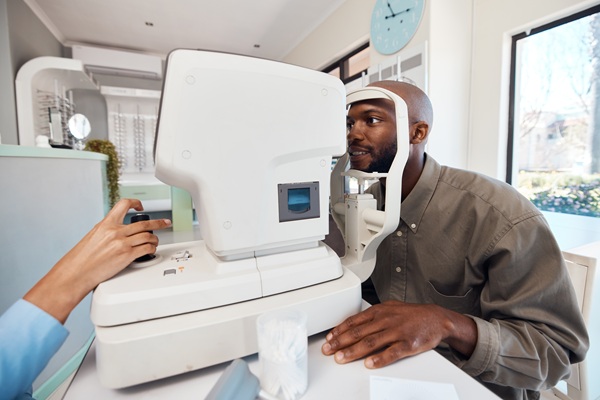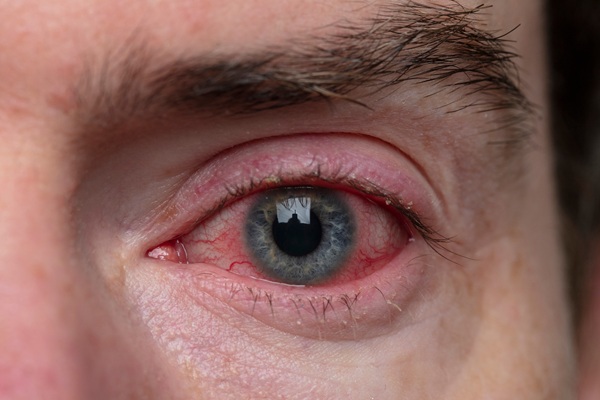How an Optometist Can Help with Myopia

Controlling myopia at an early age can slow down its progression. This can help prevent yearly upgrades for stronger glasses. Your optometrist can help by offering various treatments. If you want to find out how your optometrist can help control myopia, here are the details.
Atropine eye drops
Optometrists use atropine eye drops to achieve short-term myopia control results. Atropine can open up the pupils. It relaxes the focusing process. Receiving atropine is possible in ointment or eye drop form. Apply it once a day as long as the nearsightedness progresses. Atropine treatment does not cure this eye condition.
This effective eye medication can control myopia in most patients. An optometrist can also use it with bifocal lenses. This enhances the effect. The patient can experience more improvements as the treatment goes on.
Distance center multifocal soft contact lenses
Patients can wear these lenses the same way they wear soft contacts. The center of the lenses slows down myopia progression. This type of soft contact lens is becoming more popular. Discussing this with the optometrist can make the patient more aware of the different types available.
Nearsighted patients from six to 12 years old can wear these contacts. Each lens looks like a dartboard. There are several circles within each other. The center or bull’s eye corrects blurry distance eyesight. The outer portions defocus and blur. This mechanism slows down myopia progression.
Orthokeratology
These lenses are also known as CRT (corneal reshaping lenses) or ortho-K. The patient will wear these lenses during evening sleep. They put minimal pressure on the eye’s surface overnight. This results in a temporary change in corneal shape. This provides vision correction to the user the next morning.
The effects of ortho-K lenses last the entire day. The patient does not need to wear corrective lenses anymore during waking hours. The dramatic effects free patients from problems when using contact lenses or eyeglasses. They also make it convenient for active patients to perform sports activities.
Bifocal eyeglasses
Children with esophoria end up wearing different prescription eyeglasses for near and distance vision. This is achievable by using bifocal lenses. Bifocal lenses are effective in managing myopia. Parents whose children have esophoria prefer these eyeglasses. Some children with this diagnosis are too young to use eye drops or wear contact lenses.
Multifocal contact lenses
These lenses control nearsightedness with different powers at different lens zones. Multifocal lenses can treat presbyopia, farsightedness, and nearsightedness. Studies show that these lenses can control nearsightedness in children as well. These lenses also reduce the risk of developing high myopia.
Multifocal eyeglasses
These glasses can also control nearsightedness in children, like multifocal contacts. Multifocal eyeglasses can help patients with presbyopia. These eyeglasses can also slow down myopia progression in children. The effects are slow but effective.
Myopia is a growing problem, and your optometrist can help control it
The mentioned ways of controlling nearsightedness are effective. Your optometrist will need to check your child’s eyesight first to determine which treatment will apply. The progress of the treatment will depend on the regular eye checks. It will also be helpful to follow the optometrist’s instructions on how to care for, use, and maintain the myopia control device.
Get more information about Texas Optical in Dallas at https://www.texasoptical.net.
Check out what others are saying about our services on Yelp: Myopia in Dallas, TX.
Recent Posts
Contact lens exams are fundamental to maintaining clear vision and promoting overall eye health. Many individuals rely on contact lenses for daily activities, sports, and social events, yet consistent monitoring of lens fit and eye condition often receives less attention than it deserves. An optometrist specializing in evaluating the cornea, tear film, and general ocular…
Red, irritated eyes can result from something as simple as fatigue or dryness. However, persistent or severe symptoms may indicate a more serious condition requiring red eye treatment from an optometrist. Understanding when those everyday symptoms become something more serious is key to protecting long-term vision and avoiding complications. Catching the signs early on and…
Vision health is an important part of your everyday life. When urgent and unexpected issues arise, you must seek emergency eye care from an optometrist. Whether the issue results from trauma, infection, or sudden changes, immediate attention from an optometrist can prevent complications and preserve your long-term ocular health.Individuals may need emergency eye care for…
A myopia optometrist can help manage and slow the progression of nearsightedness, especially in children and young adults. Nearsightedness, or myopia, causes distant objects to appear blurry while close-up vision remains clear. Without proper care, myopia can worsen over time, leading to higher prescriptions and an increased risk of eye health problems.Myopia occurs when the…


